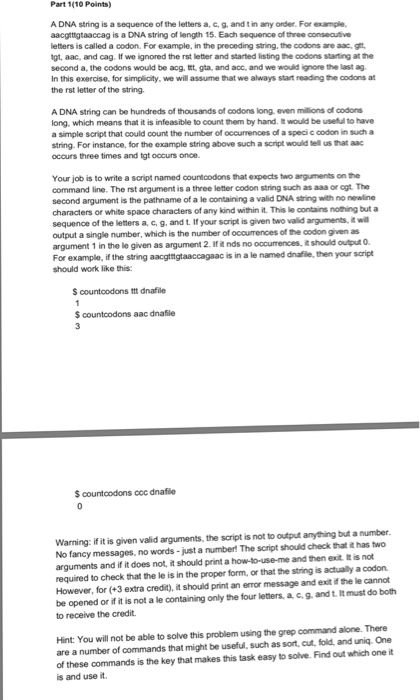
Cut The Strings Credit Letter
You’re living off credit cards. Using credit cards to pay for everyday essentials like housing, food, and transportation is a telltale sign that you might need to reevaluate your financial situation. If you don’t think twice about taking on more debt, it’s probably time to cut up your plastic. You frequently tap into savings. Optimized Dynamic Programming: In this approach, apart from the dp table, we also maintain all the indexes which have matched earlier. Then we will check the substrings from those indexes to the current index. If anyone of that matches then we can divide the string up to that index. In this program, we are using some extra space.
Divorce is hard enough. When lawyers get involved and play power games to gain an advantage over the other side, everything becomes that much more intense. The same could be said of vindictive who have a 'win at all costs' attitude. Make no mistake—the examples of this behavior listed below are forms of manipulation and psychological abuse. If this happens in your divorce, there are few things that you can do to control the other side, but there are several things you can do to prepare and manage the divorce.
Draining the joint bank account. Your shared bank account is an asset that you both rely on. When suddenly the money is funneled into a different account, one that excludes the other party, bills that are normally set on auto-pay will bounce and other expenses will likely require attention. This forces the victim of the theft to not only spend time straightening out the bills on their own, but will also leave them in financial dependence to the other person. Maxing out shared credit lines.
Hiring attorneys and making arrangements surrounding a divorce all require money, which leaves many people to use credit until their decree is finalized and alimony and other payments begin. When one partner uses your joint credit cards to stock up on personal items or make large purchases, it will leave the other person with few other options. Usually this is a bait-and-switch maneuver: one spouse will agree in court to take on the existing debt, unaware that there have been (many) new charges. Refusal to support the household until ordered to do so. This is one of the steps in a routine called 'starve out the other spouse.' The primary earner of the marriage retaliates after moving out of the family home and subsequently stops providing for the household. The goal is to put the other spouse in a financial position where he or she, out of desperation, will accept an. Waiting to deliver support payments. Song rhythm of life.
If there is no income withholding order, a spouse may wait until the latest possible day to pay support money, even if they have the money to send. In some states, support doesn't become delinquent until it's 30 days past due; there is no recourse for the other spouse until the 31st day after the payment was ordered. Petition the court for primary custody (even though the plan is to have joint custody). Perhaps you both tentatively agree on terms of shared custody or lenient visitation. By petitioning for primary custody, that spouse intends to strike fear into their ex in order to get them to concede on a different issue altogether.
Refuse to speak with the other side. Discussing terms of the divorce privately is imperative to having a conflict-free divorce. By refusing to meet and compromise, they intend to create conflict, increase legal fees, and wear the other side down. It can also cause a serious break in if the non-custodial parent doesn't get to see the children because he or she can't set up any parenting time. File a bogus petition. One spouse may file petitions simply to take advantage of the court's bureaucracy in order to drag out the proceedings. They may be dismissed, but it will add to the amount of time spent in court, which can disrupt the other spouse's life in many ways—financial and otherwise.
These are just a few of the sneaky things that can and have happened in divorces. They are sometimes successful but are very destructive to any meaningful and fair settlement negotiations. In addition, the residual bitterness after the divorce could hamper you and your ex-spouse's ability to effectively co-parent your children. What's more, they often lead to post-divorce legal proceedings may cost additional, unnecessary legal fees. Don't get caught up in the charades—it is best for the entire family to settle fairly and without high-profile tricks.